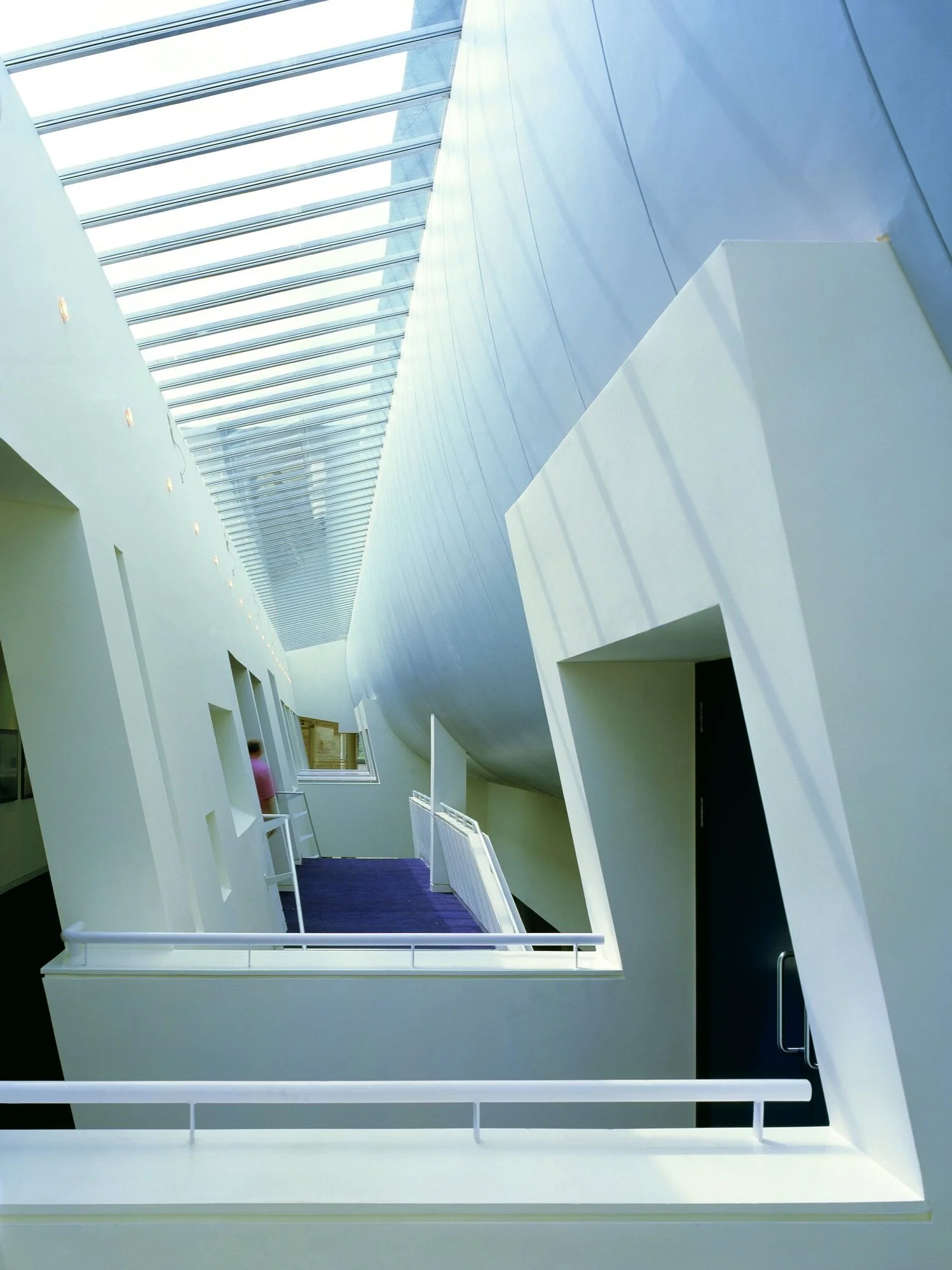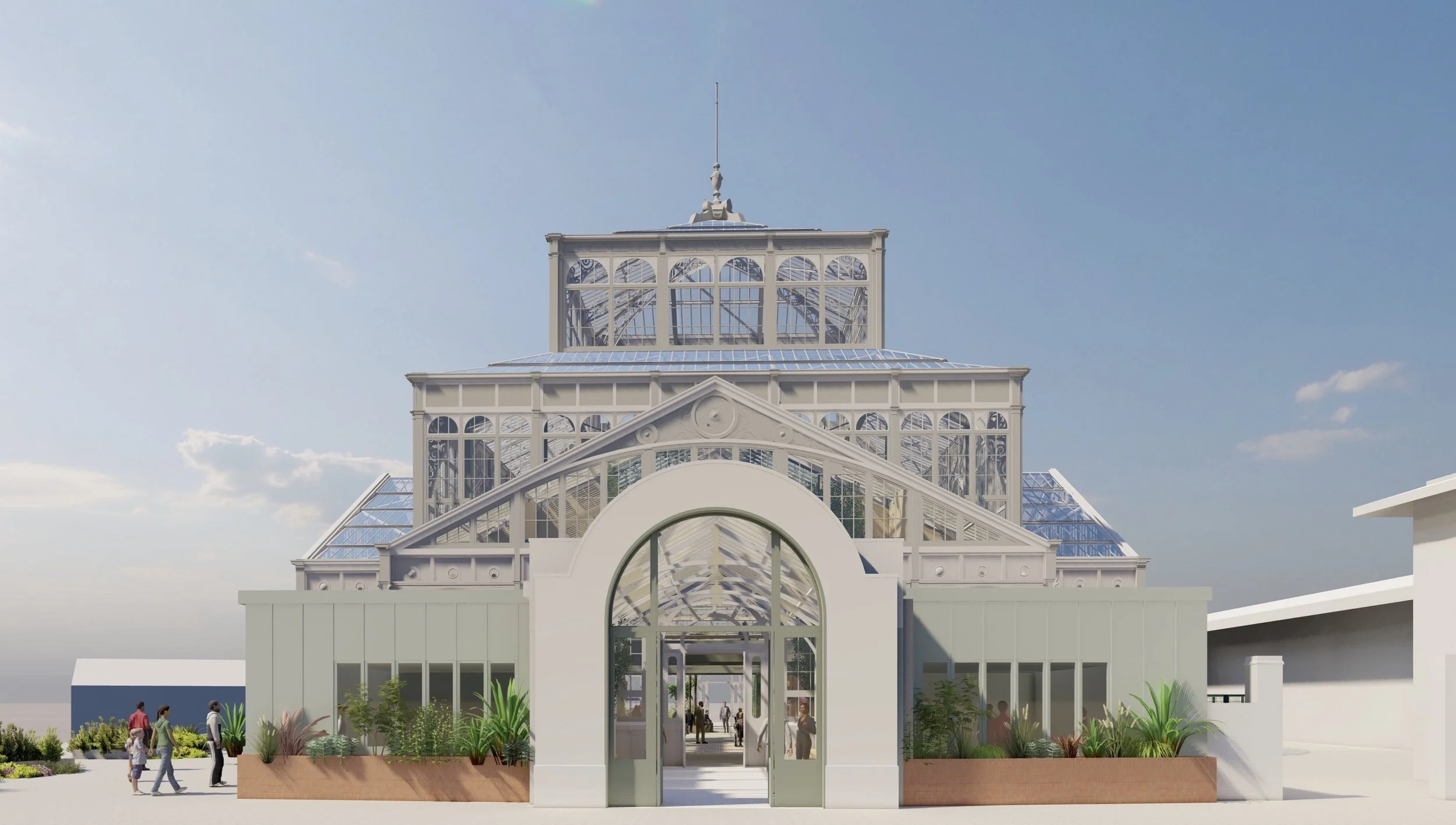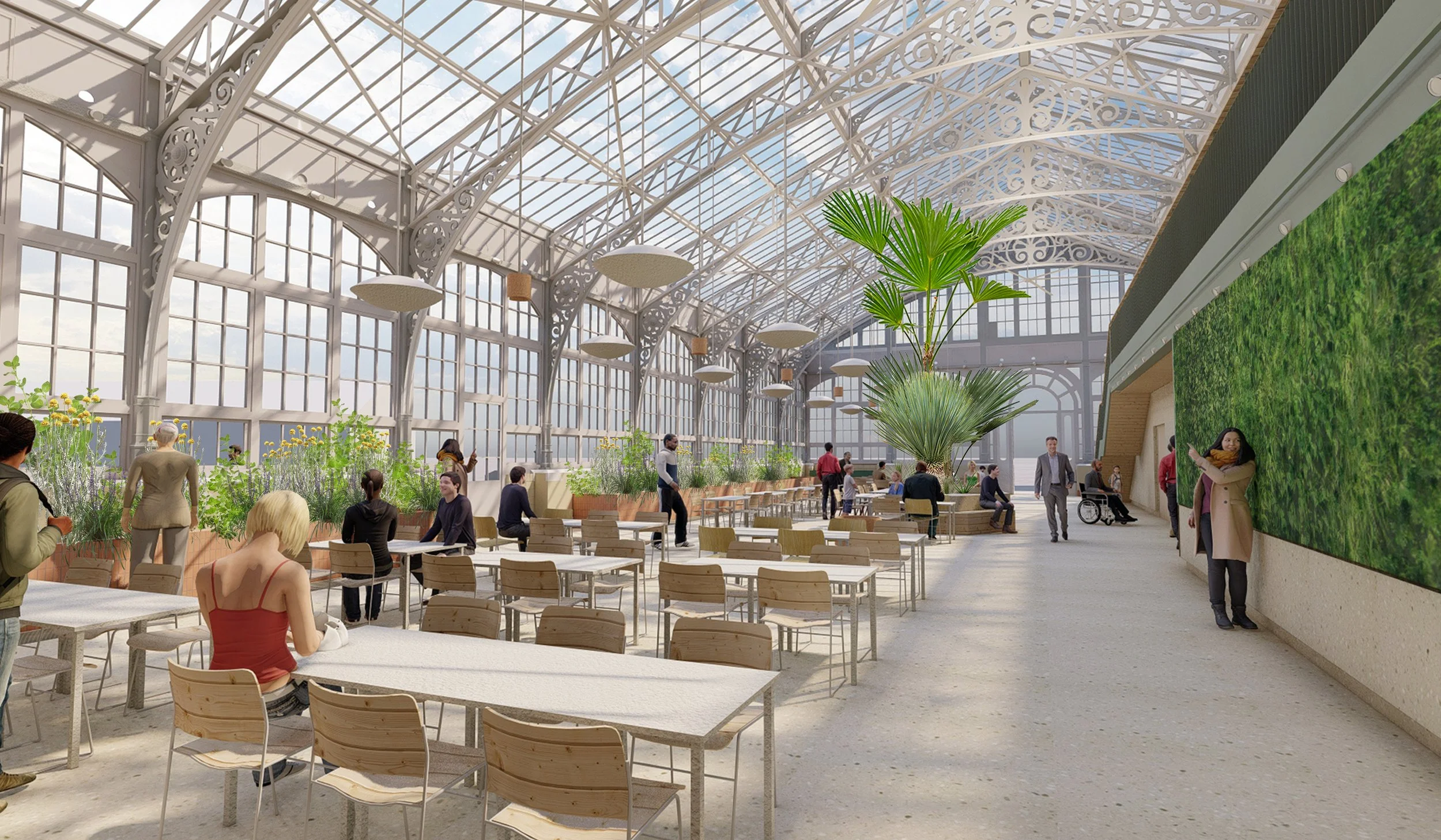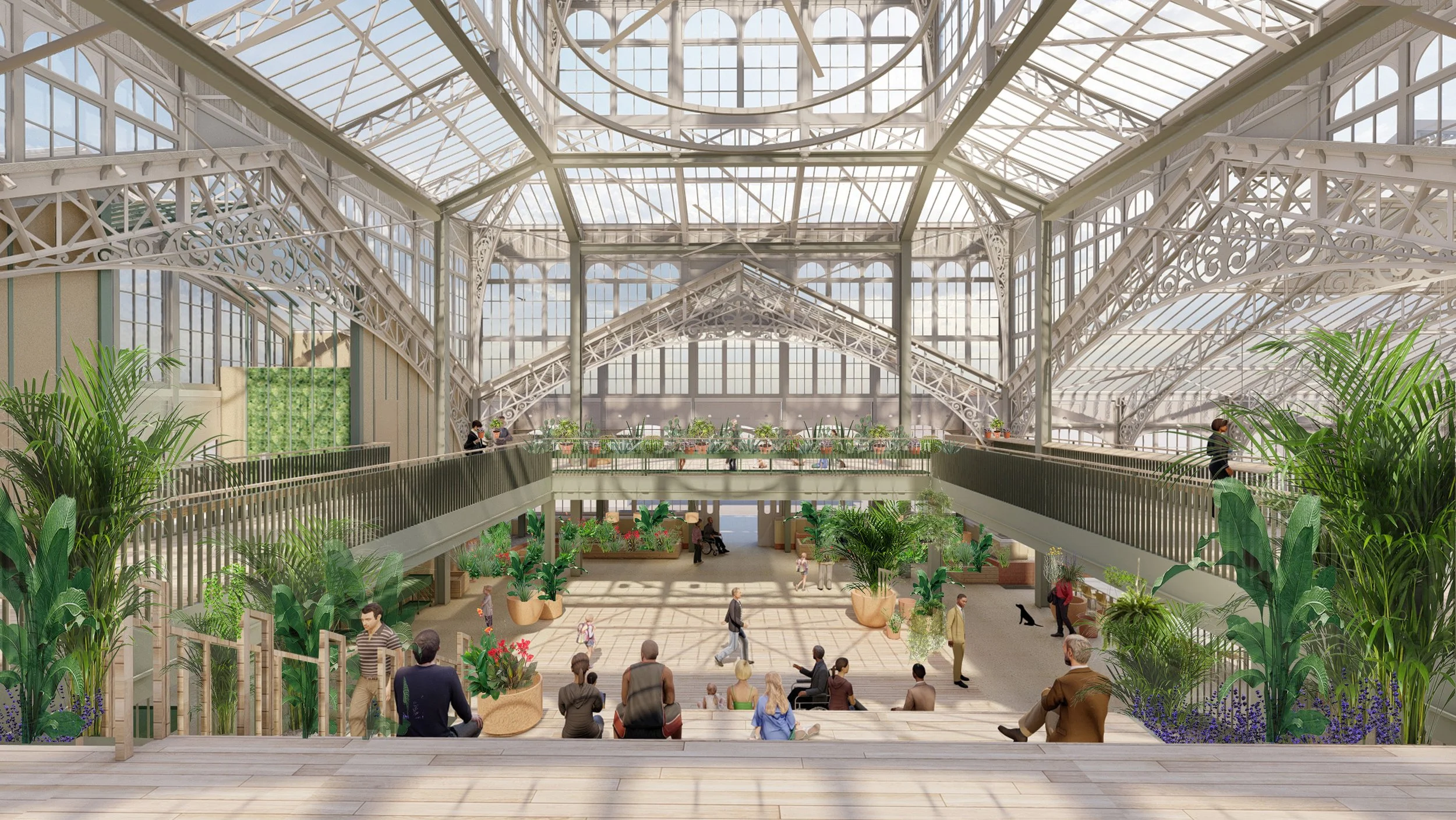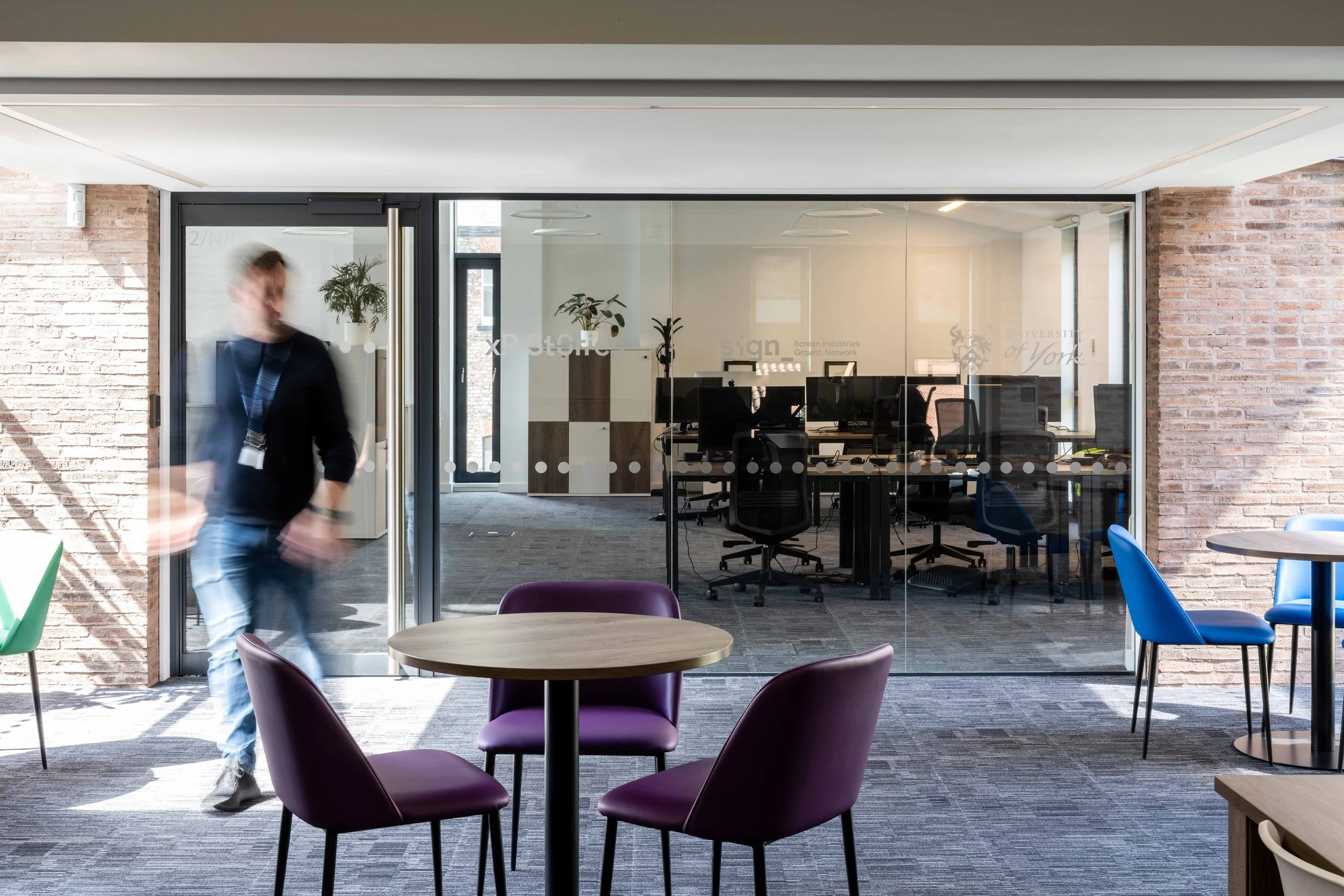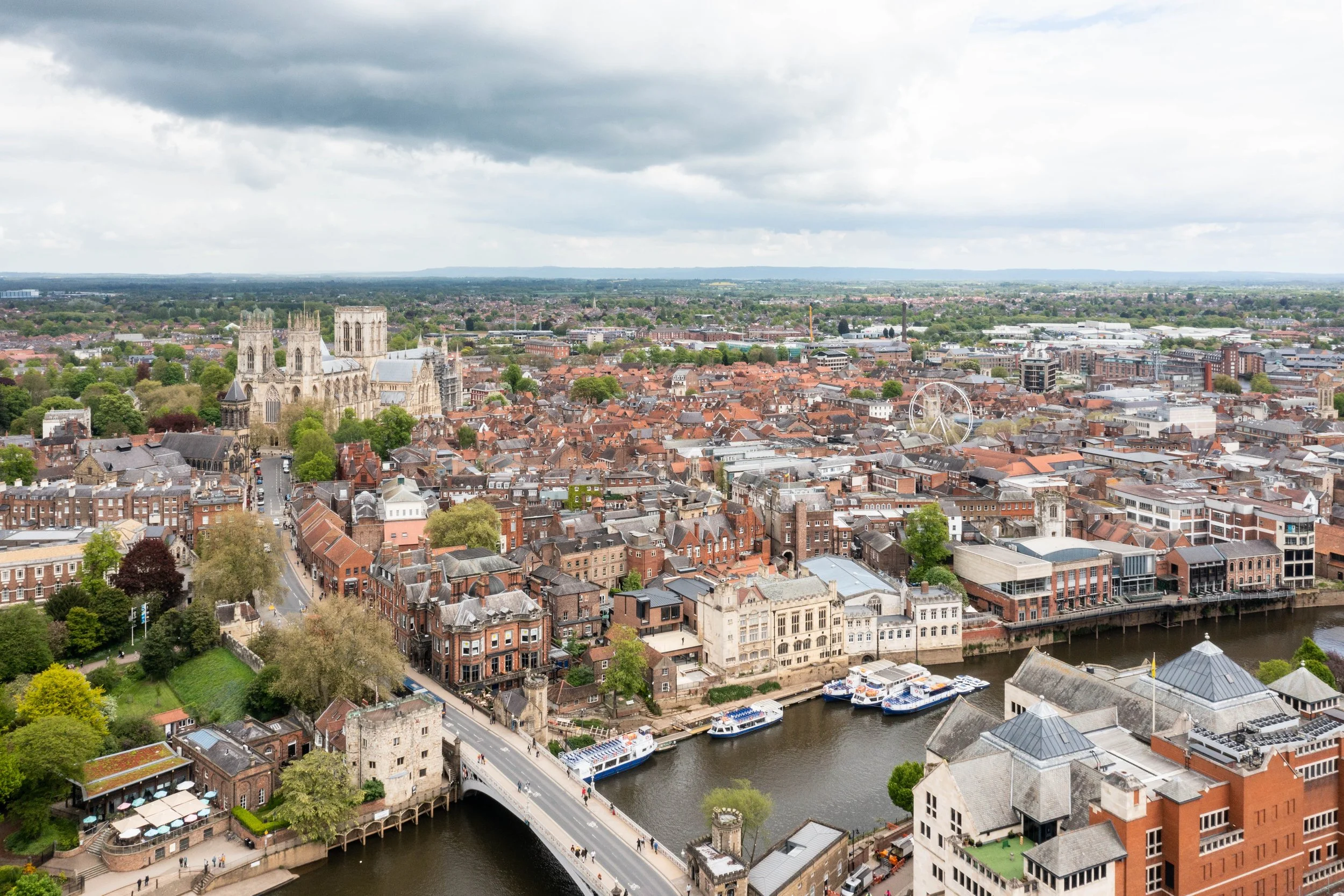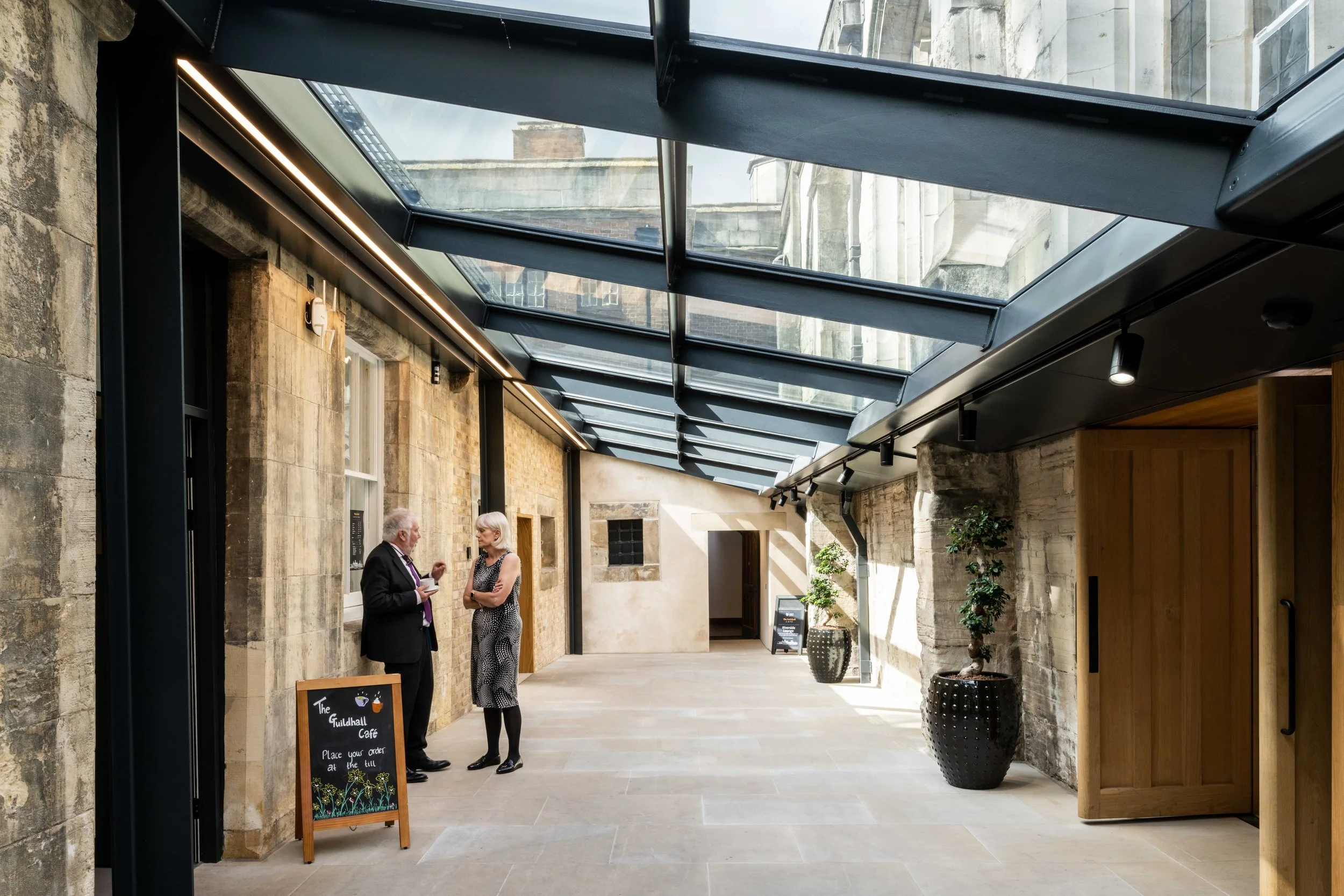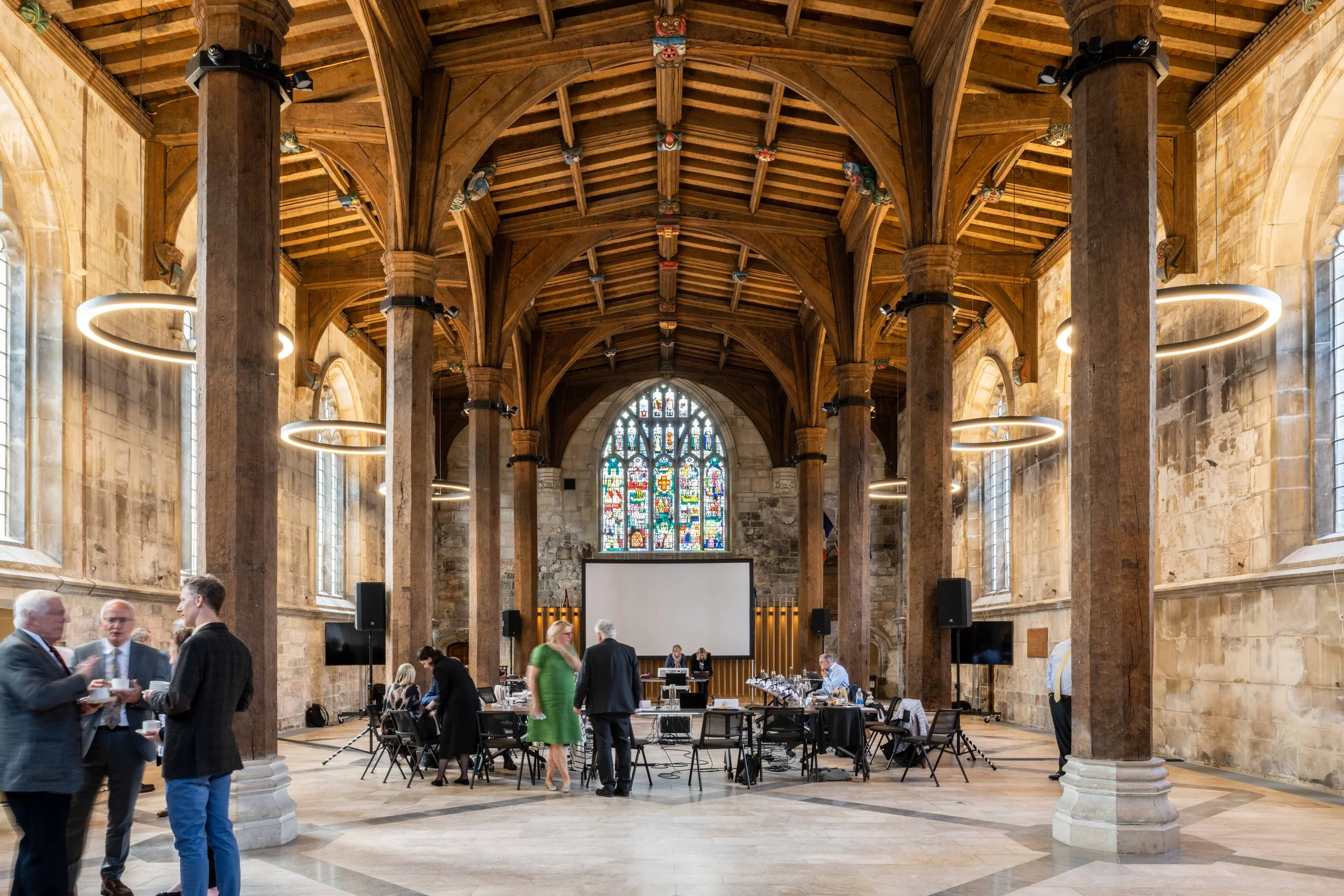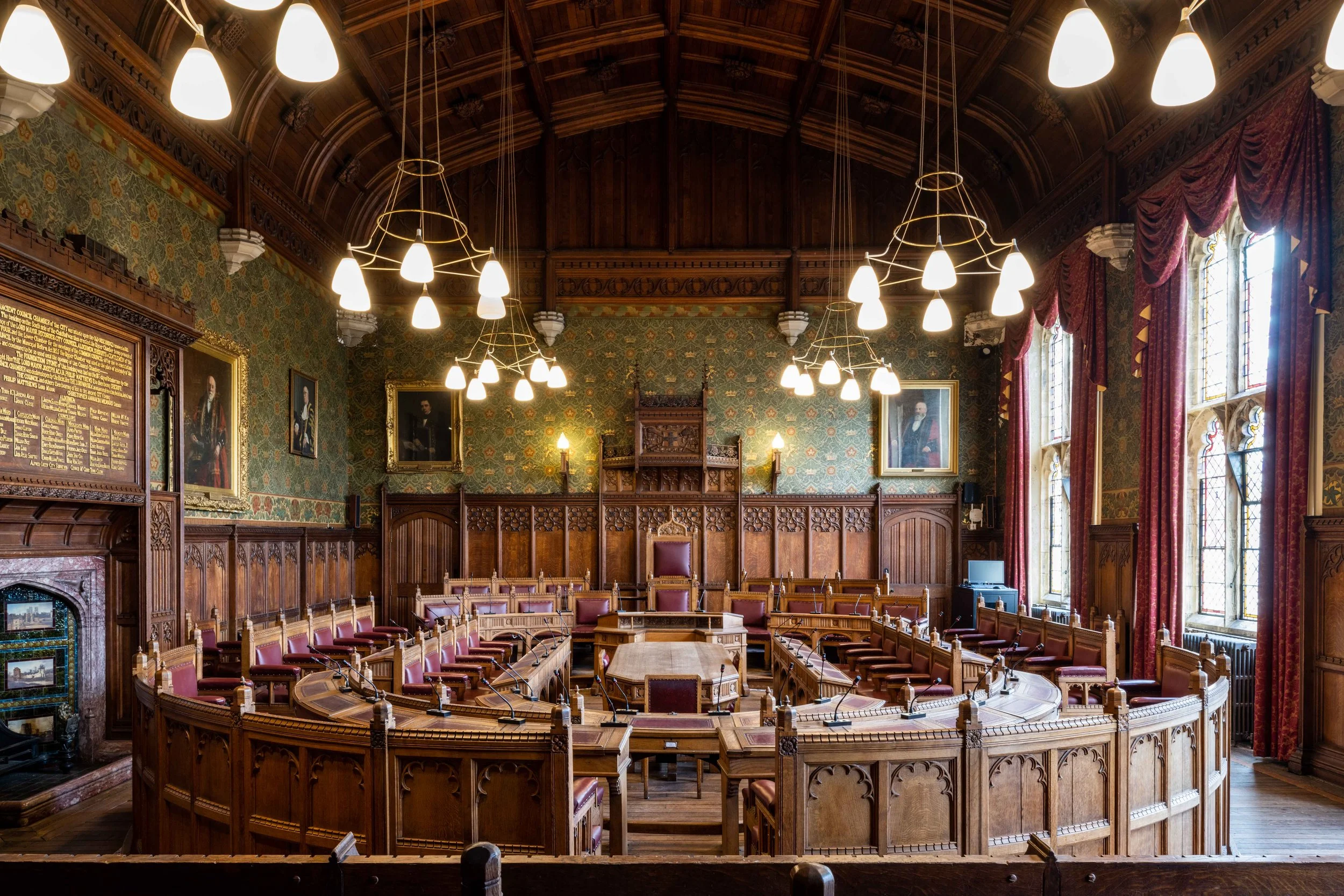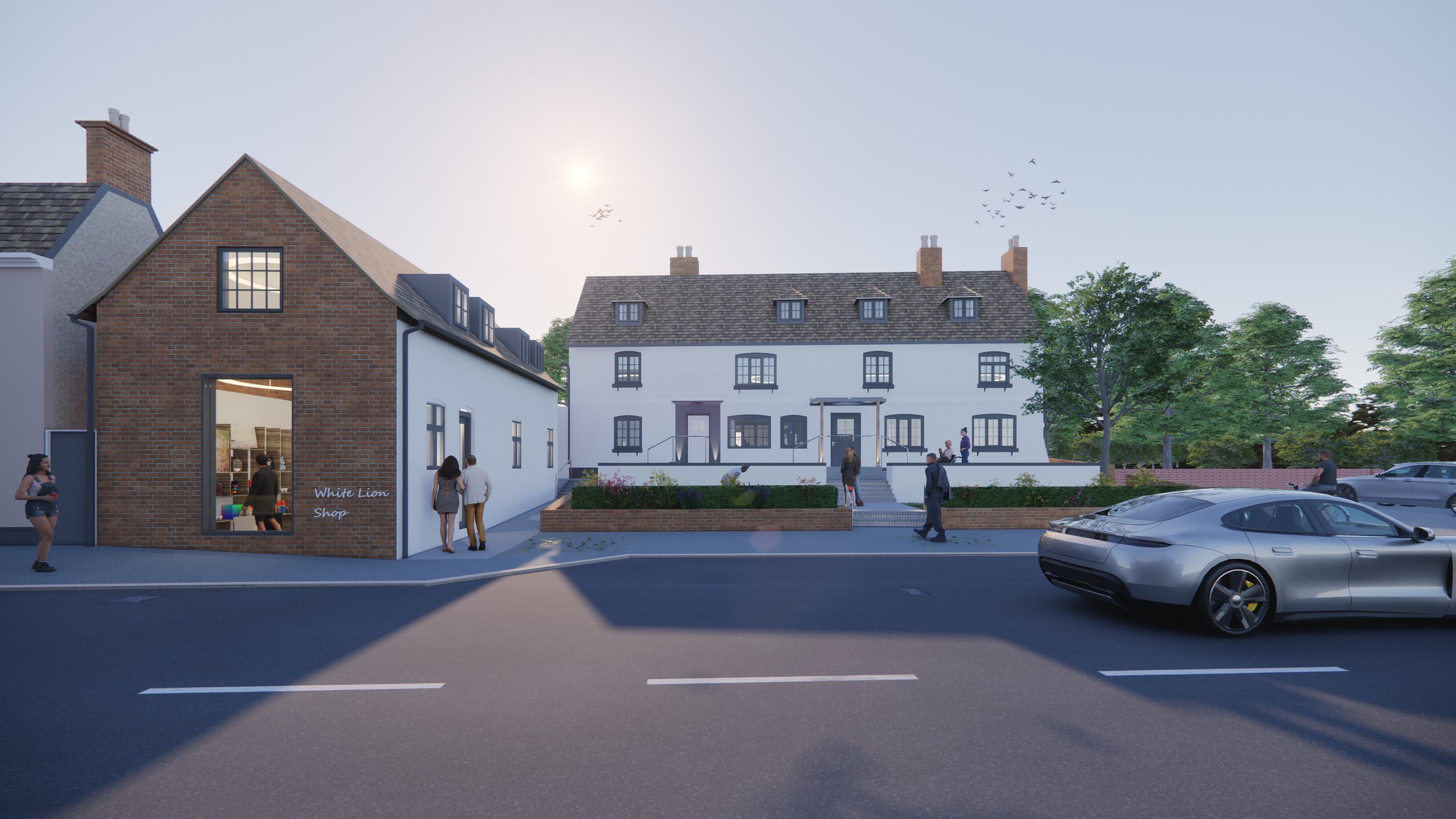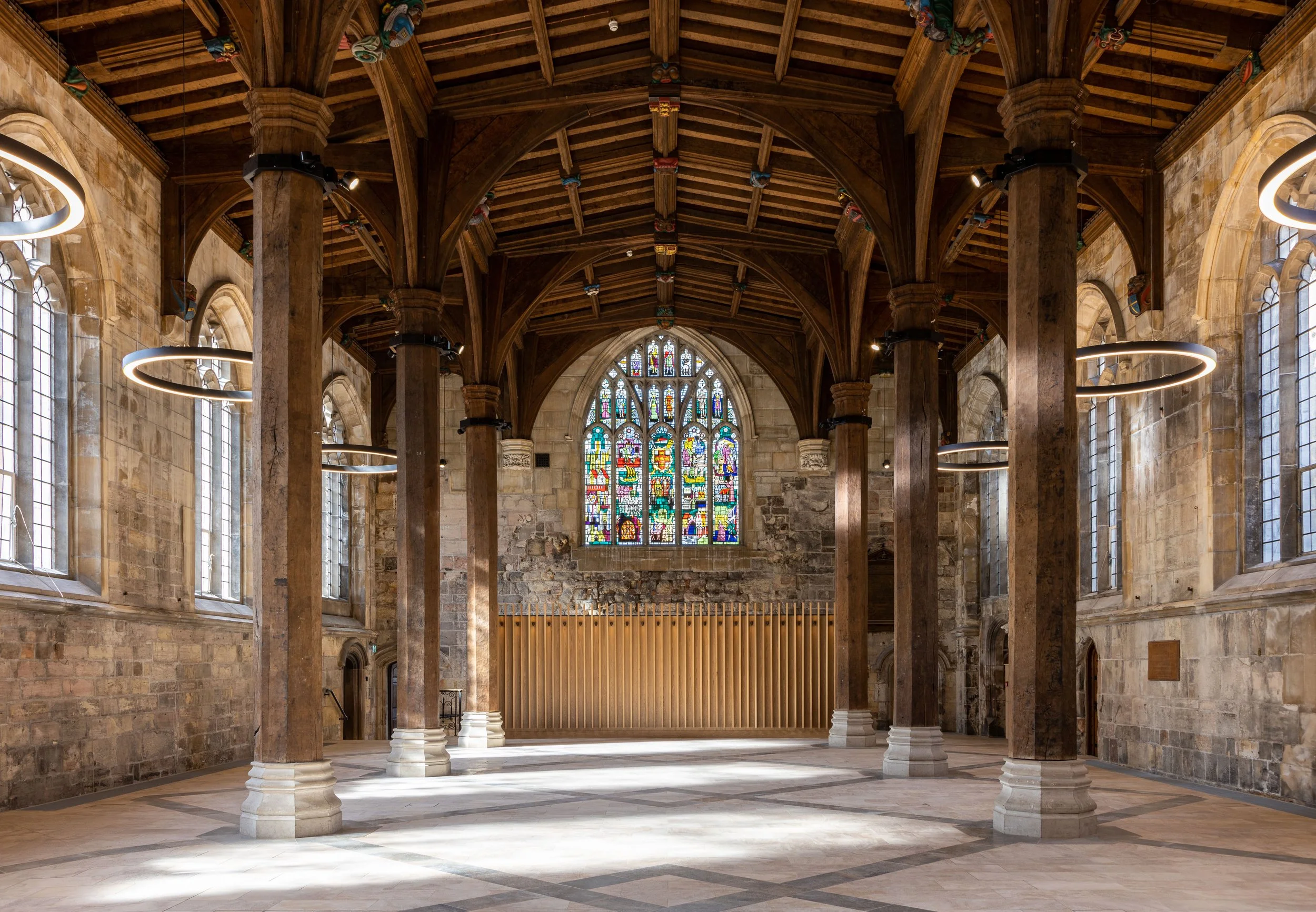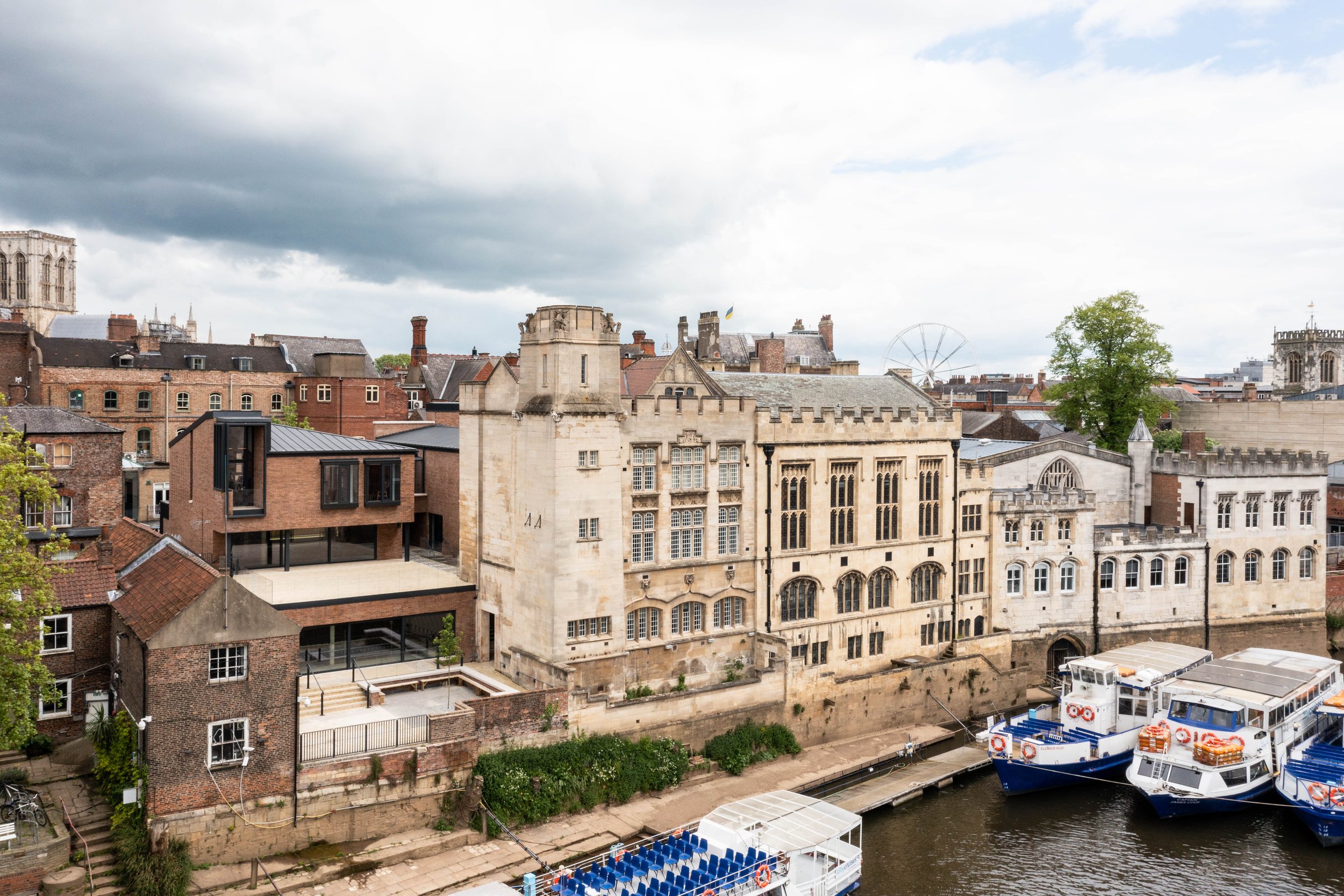The future of Stratford Picturehouse, designed by Burrell Foley Fischer and opened in 1997, is uncertain following Picturehouse’s announcement of the closure of three historic London cinemas within the space of a month, citing ‘increasing operational costs and declining admissions’.
The news places the buildings at risk of potential loss or redevelopment, unless new operators or community consortiums can be found to take over the running of the cinemas. While the Fulham and Bromley branches date from the Interwar period (1930 and 26 respectively) – the so called ‘Golden age of Cinema architecture’ – the branch at Stratford East is from the very end of the 20th century (1996-97), at a time when out-of-town multiplexes were the predominant cinema typology, and new purpose-built urban cinemas were rare.
The Twentieth Century Society is joining the Cinema Theatre Association in backing the grassroots campaigns springing up to save these much valued local amenities, while their Casework teams explore the possibility of listing applications or formal objections to any potential loss.
“Designed by architects Burrell Foley Fischer – renowned for their work on cinemas both new and historic – the Picturehouse at Stratford East was set within a new public square and cultural quarter, adjacent to the Grade II* Victorian Theatre Royal. Developed with public funding from Stratford’s City Challenge, it contains a four-screen cinema with exhibition space, café bar and restaurant facilities. Unusually the building is visible from all sides, with the entrance facade deliberately open and inviting, allowing passers-by to read the facilities within. Of particular note is its innovative tubular open-plan projection booth, running like a spine along the length of the building and allowing projectionists total access to the equipment serving all four screens. Winning several design awards upon completion, it is a fine example of a late 20th century urban cinema, from a period when the out-of-town multiplex was the predominant cinema typology.”
The project was an FPDC National Winner for Leisure, and voted as one of the best 50 buildings of 2000 by The Independent. It was shortlisted for the 1997 RIBA Award for Architecture, received a Civic Trust Commendation, and won the National Drywall Award for innovative use of materials.
“While the rest of Britain goes crazy for the bland multiplex, east London is now home to two picture houses which are also architectural masterpieces…The overwhelming sensation is one of optimism triumphing over dreary town planning”
— The Independent



